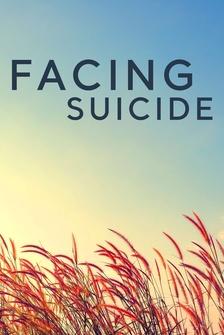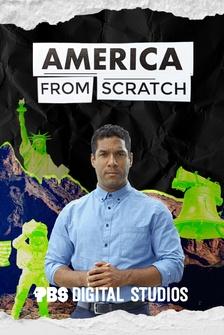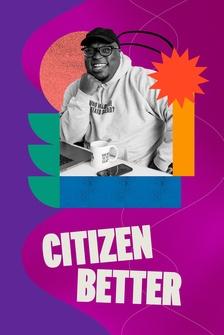AMNA NAWAZ: Welcome to the "NewsHour."
Here in Ukraine,as leaders await news of# additional U.S. aid, Russia's war here## has entered a new phase, now attacking Ukraine's# energy infrastructure with devastating precision.
But, first, we begin at home,## where the U.S. Supreme Court heard oral# arguments today in a case about January 6.
GEOFF BENNETT: And those arguments focused# on whether part of a federal obstruction## law can be used to prosecute some of the# rioters involved in the January 6 attack## on the U.S. Capitol.
The court's ruling# could impact hundreds of criminal cases,## even the pending case against# former President Donald Trump.
Kyle Cheney, Politico's# senior legal affairs reporter,## has been following the January 6# legal fallout and he joins us now.
Kyle, thanks so much for being with us.
We should say, this case was brought by a former# Pennsylvania polic.. who was charged with multiple crimes for# pushing his way into the U.S. Capitol on## January 6, 2021.
Walk us through the# arguments the justices heard today.
KYLE CHENEY, Senior Legal Affairs# Reporter, Politico: So Fischer's## challenge to this obstruction law,.. simple.
This law was passed after the Enron# scandal in 2000.
It was meant to stop people## from tampering with evidence in a court-like# proceeding or a congressional proceeding,## not envisioned to cover the sort of# riotous conduct that we saw on January 6.
So he may be culpable for a lot of stuff# on January 6, but this obstruction charge,## which, by the way, has a 20-year maximum sentence,## he says that should not apply# to him or his fellow rioters.
GEOFF BENNETT: And the Supreme Court's# conservative majority seemed skeptical## of the Justice Department's position.
Help# us understand why they seemed dubious of the## DOJ's broad reading of this obstruction law.
KYLE CHENEY: So what DOJ essentially has said is,## actually, no, Fischer's wrong.
This law was# passed by Congress as a catch-all.
It should## apply to all kinds of obstructive conduct.# They missed some stuff that Enron was doing.## They wanted to make sure they didn't# miss anything again.
So we can sweep## in all of this stuff that happened after# January 6 as part of that broad umbrella.
And the justices, the conservative justices,# in particular, were very skeptical about how## broadly DOJ viewed it.
Could it sweep in# all kinds of -- someone who stands up and## interrupts the Supreme Court, could that# person be charged with a 20-year felony?
And DOJ said, no, no, no, it's much# tougher than that.
You have to prove## someone had corrupt intent, which# is a very difficult thing to prove,## that they knew what they were disrupting and# did it on purpose.
But the justices seemed to## worry about how it could be applied# and how widely it could be applied.
GEOFF BENNETT: Meantime, some 350 people# have been charged with obstructing an## official proceeding for their part# in the Capitol attack.
More than 100## people have already been convicted# and are serving prison sentences.
What might the outcome of the Supreme# Court's ruling mean for those cases?## And what might it mean for Donald Trump, who# is also charged with the obstruction crime?
KYLE CHENEY: If the Supreme Court# rules as narrowly as it might,## it could upend all of those cases# that we describe, those 350 cases.
I mean, if you have already served your# sentence, you're kind of out of luck.## But if you're a serving or about to serve a# sentence, it could totally change the game## for you and you could be on the hook# for misdemeanors, instead of a felony.
As for Donald Trump, the question is, did# his actions to send fake electors to Congress## count as the same type of obstruction# that this law was meant to cover?
So,## again, how the justices read that could read the# charges against Donald Trump right out of special## counsel Jack Smith's case or it could preserve# it depending on how narrowly they construe it.
GEOFF BENNETT: So, the special counsel,## is he planning potentially for an outcome that# co.. KYLE CHENEY: He is.
And he actually previewed# his thinking on this in a recent Supreme## Court filing in the presidential immunity case# that's coming up with the justices next week.
But his argument essentially is that,# even under the narrowest interpretation## that the Supreme Court might# take of the obstruction law,## Donald Trump's conduct still fits squarely# within it because, by sending fake elector## certificates to Congress, that's exactly the# type of evidence tampering that Congress is## worried about when they passed this law# in the aftermath of the Enron scandal.
GEOFF BENNETT: Kyle Cheney with Politico,## thanks so much for sharing your reporting# and your ins.. KYLE CHENEY: Good to be with you, Geoff.










